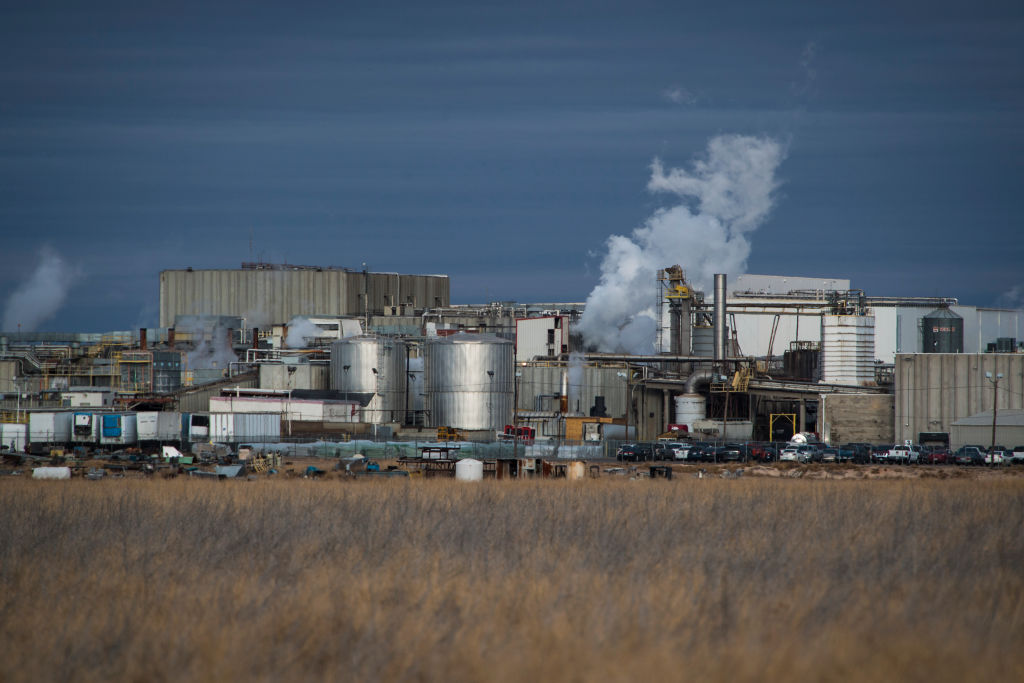Three years after the Biden administration launched a program to inject competition into the $200 billion U.S. meatpacking industry, the results are far from promising. One of the program’s recipients, Pure Prairie Poultry, declared bankruptcy and culled 1.3 million chickens in northern Iowa after the company couldn’t afford to feed them, despite receiving nearly $46 million in grants and loans from the USDA.
Pure Prairie, which had ambitions to market premium air-chilled chicken to supermarkets, was part of a broader government effort to reduce the power of industry giants like Tyson Foods, JBS and Cargill, which control 85% of U.S. beef processing.
The initiative was launched after the COVID-19 pandemic exposed vulnerabilities in the supply chain, prompting some farmers to euthanize livestock when meatpacking plants shut down.

Despite the infusion of funds, including a $6.9 million grant and a $38.7 million loan guarantee for Pure Prairie, the company’s financial struggles led to bankruptcy. The failure has raised serious concerns about the government’s oversight of taxpayer dollars and the viability of small meatpacking ventures.
Smaller meatpacking projects have faced significant challenges, including securing supply agreements, attracting customers and competing with established industry players. Industry analysts noted that the market conditions have been difficult, with rising costs and declining cattle herds complicating the viability of new packing plants.
While some projects are still underway, including a beef plant in Amarillo, Texas, delays are common, with timelines extending to 2027.
Agriculture Secretary Tom Vilsack defended the program, saying that it is still too early to assess its success.
However, the situation at Pure Prairie serves as a stark reminder of the risks involved in trying to disrupt an industry dominated by a few large companies.
With many projects still in the early stages, it remains unclear whether the administration’s plan will ultimately succeed in creating meaningful competition in the meatpacking industry.








